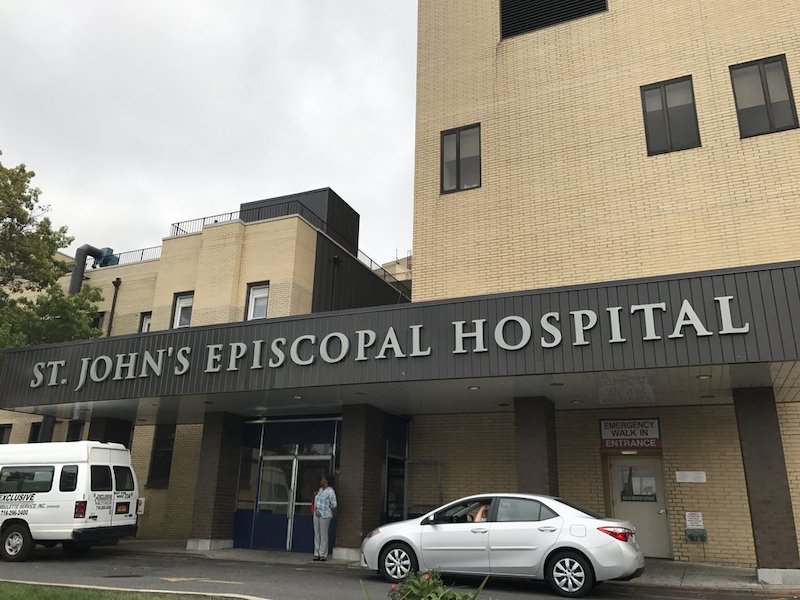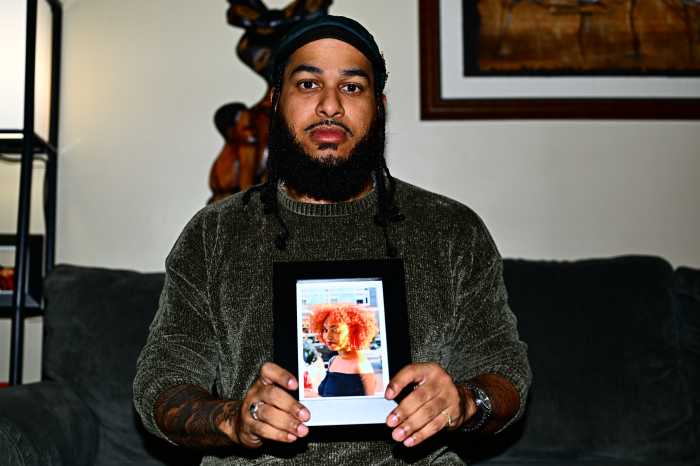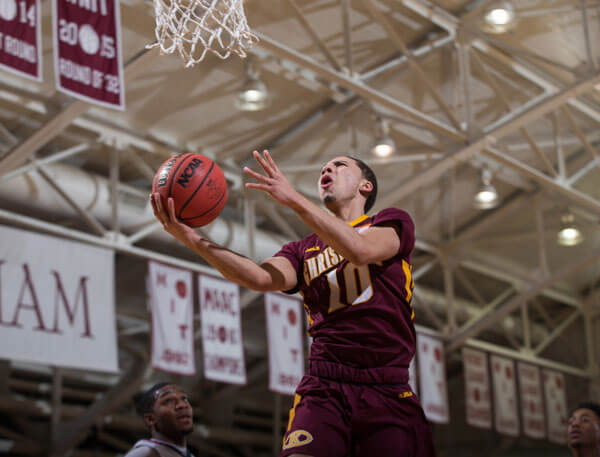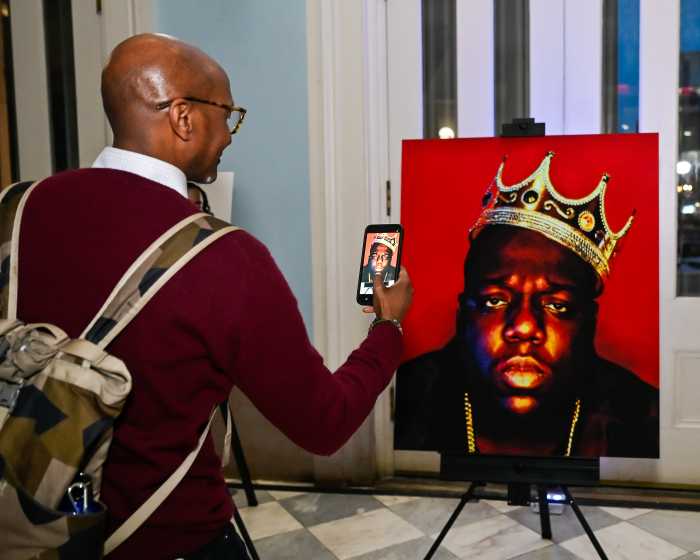Queens’ St. John’s Episcopal Hospital has successfully treated 120 COVID-19 patients
St. John’s Episcopal Hospital was the hospital to treat the first COVID-19, or novel coronavirus, patient in Queens and has treated and discharged 120 coronavirus patients since the pandemic started.
Over the past month or so as the crisis has been ramping up, St. John’s has put in place several measures to aid its medical staff with dealing with coronavirus patients.
“We work hard to ensure that we are as prepared as possible to treat each COVID-19 patient, and have made significant investments to see that our patients achieve positive health,” the hospital’s Chief Medical Officer Dr. Donald Morrish said. “When we are able to successfully discharge a person, it brings us great joy, and also shows that there are people who have overcome COVID-19.”
Some of the adjustments made at the medical center include buying new beds and equipment and increasing telehealth, or virtual appointment, measures. In fact, the hospital went from having 257 beds to 326.
SJEH also converted more beds and spaces into intensive care units, hired more staff and purchased more personal protective equipment and ventilators.
Additionally, the hospital set up multiple “negative pressure rooms,” which have special ventilation to prevent the spread of contagious diseases.
That’s not to say that the hospital never had a COVID-related death, but it shows that people are recovering from the virus — and that a well-prepared hospital helps.
“Our investments are helping people heal during this pandemic, and I want to see more positive outcomes. We will spare no expense,” the hospital’s Chief Executive Officer Jerry Walsh said. “And, I have the utmost respect for our doctors, nurses and entire staff who come to work each day to help those who need it most.”
Read more about this in this article: Queens Courier
St. John’s professor builds 250 face shields per week for Queens medical workers
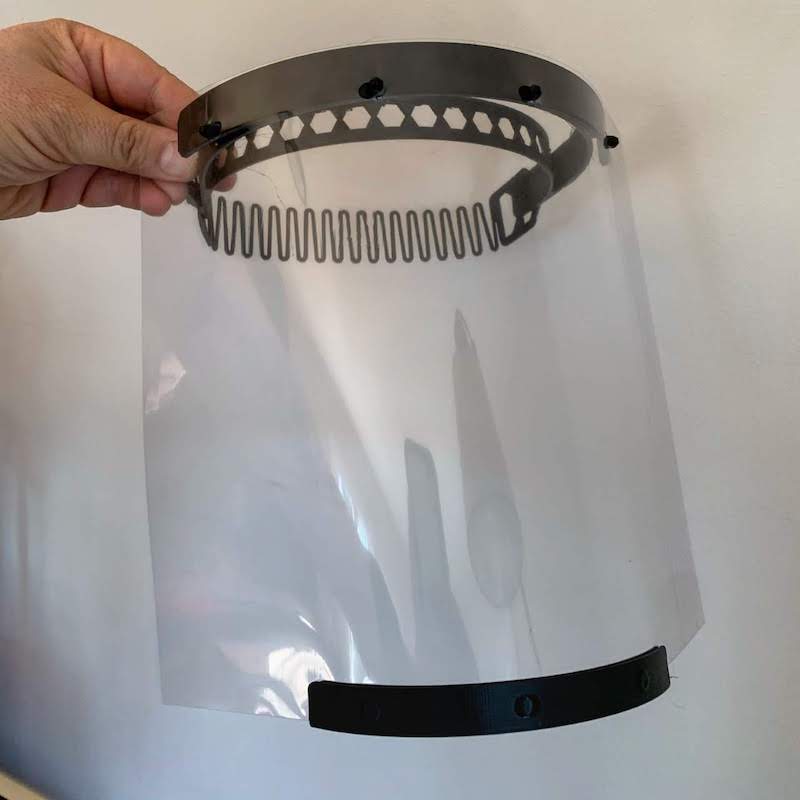
St. John’s University’s Technology Operations of The Lesley H. and William L. Collins College of Professional Studies Director Max Hergenrother has been making up to 250 face shields a week to provide to Queens medical workers fighting coronavirus.
When the announcement was made that his university, located in Jamaica, was transitioning to distance learning, Hergenrother had the foresight to take home some of the school’s 3D printers to be able to make face shields.
Face shields are long, clear plastic shields connected to a band around the person’s head that serve as an added protection when dealing with coronavirus patients, and are often worn over a face mask.
Hospitals across the city have been running out of these productions, and being that Queens has been hit the hardest of any borough, it needs the protective equipment the most.
“At St. John’s, if we’re able to help, it happens,” Hergenrother told The Queens Courier. “It’s the Vincentian mission. St. Vincent de Paul was about helping people who are most in need — and the most pressing need now, I think, is our medical services. They’re the ones helping stem the crisis that’s going on. If we can help them, we can help all of us.”
He has since set up the six 3D printers to print 24 hours a day in a spare room of his house, an added responsibility for him and his wife who already have to help their two children with their distance learning on top of doing their own jobs remotely.
At first, Hergenrother was producing 175 shields per week, but now that the number is up to 250 a week, he has plans to adjust his method to raise the number to 400 a week.
“This is a real grassroots effort from makers in the community,” Hergenrother said. “It is a juggle but it’s a worthwhile juggle.”
The face shields are being donated to NewYork-Presbyterian Queens Hospital, where some are being kept for NewYork-Presbyterian and others are being redistributed to other hospitals in the borough.
Read more about this in this article: Queens Courier
Brooklynites share messages of hope through sidewalk chalk and rainbows
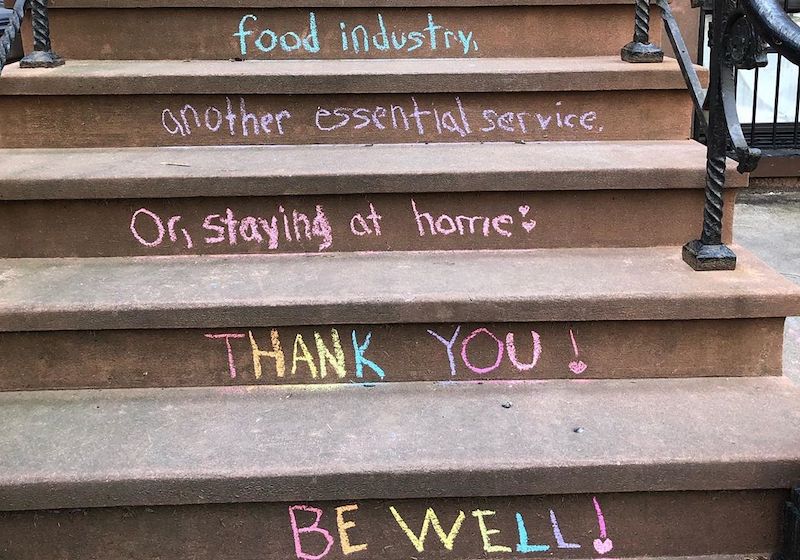
credit: fairygrl412, Instagram
With stay at home orders getting tighter and extending in length by the week, Brooklynites are finding creative ways to communicate with each other and share encouragement that the city will make it through the coronavirus pandemic.
Rainbows have become a symbol of hope and gratitude across the borough, especially in the central to northern neighborhoods, including Bedford-Stuyvesant, Park Slope and Crown Heights.
As of late, people have been noticing rainbows and inspirational messages pop up on front stoops, storefronts and construction sites all around Brooklyn, telling people to stay safe and keep looking toward the future.
“Thank you health care workers,” one message, clearly written by a child, reads from the front steps of a Park Slope brownstone.
In Cobble Hill, a black flower pot outside of a home has a rainbow drawn in chalk on it.
Similarly, Annie’s Blue Ribbon General Store in Park Slope has a rainbow made entirely out of different colored balloons tied to its rolled-down gate.
“We will get through this,” another Park Slope front porch reads. “Love each other well. Wear a mask.”
Read more about this in this article: Brownstoner
Brooklyn father, fiance dead after being refused testing or admission at Woodhull Hospital
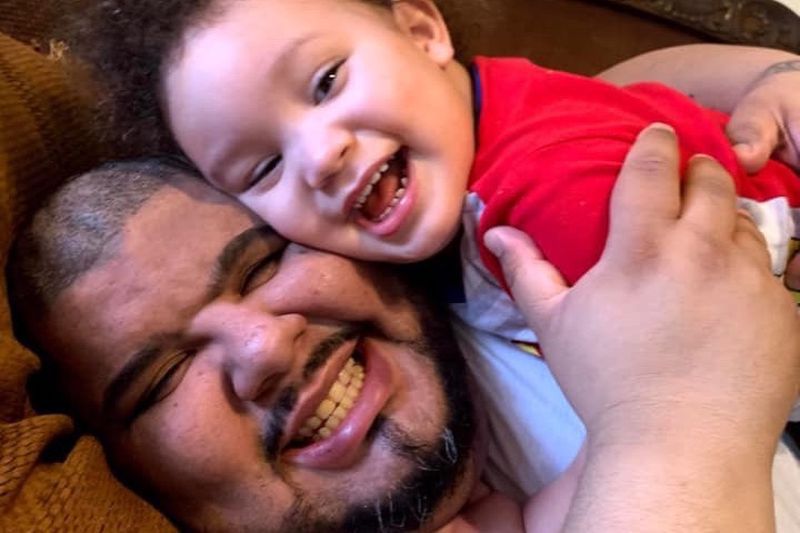
A Brooklyn father of a two-year-old died of coronavirus on April 3 at the age of 33 after being denied a COVID-19 test and hospital admission more than once.
“It’s hard not to point a finger when you’re angry or looking for answers,” Cruz’s sister-in-law Matzaris Del Valle said. “I can’t blame the hospital or the staff for doing what they can do in this situation. But it just doesn’t seem possible that this could be happening here, in such a big city … This is a tremendous loss that could have been avoided.”
Jorge Cruz first began having symptoms on March 23, when he began having dizziness and a headache. Within two day, he had a fever and chills, which prompted him to go to his local urgent care clinic.
The clinic diagnosed him with pneumonia — which often comes in the beginning of a coronavirus infection — gave him antibiotics and a cough suppressant, told him to avoid waiting rooms to not contract the virus and sent him home.
Once he ran out of antibiotics seven days later, his condition worsened greatly. He began having diarrhea, loss of appetite and the inability to even make it as far as the bathroom without assistance.
Del Valle called 911 and the paramedics just told him to stay at home and avoid waiting rooms.
Cruz’s condition continued to worsen. His family called the urgent care facility he had gone to, and the clinic told them to get an ambulance to take them to a hospital.
They listened, and ended up in a crowded waiting room at Woodhull Hospital in Bedford-Stuyvesant, where the family watched another person waiting for services die before even being admitted.
He was sent home once again, this time with antibiotics and an anti-malaria drug.
By April 2, Cruz’s condition had deteriorated. He was lethargic, not eating and spending all his time sleeping and using the bathroom.
His family called the hospital the next morning and were advised to have him eat and drink. De Valle made him some scrambled eggs and he asked for a cup of hot tea to go with it.
Cruz was dead before De Valle could come back to his room with the cup of tea.
His family then had to wait six hours and 47 minutes for the medical examiner to arrive and retrieve his body. Cruz’s father had to keep the air conditioner on to keep his son’s body cool.
“The family was traumatized,” De Valle said. “His son kept wanting to go in and play with dad. He couldn’t understand that daddy wasn’t sleeping.”
The family’s pain didn’t end there.
Soon after Cruz’s death, his mother began showing coronavirus symptoms and went to the hospital — where she too was refused a COVID-19 test and promptly sent home. She now lays, ill but recovering, in the bed her son died in less than a week ago.
Yesterday, Cruz’s fiancee Beatriz Nunez — who met Cruz when they were just teenagers — and their son Logan both tested positive for the coronavirus.
“I know I’ll never be the same,” Nunez wrote in a tribute to Cruz that she posted on FaceBook. “But I’ll never forget you. I’ll never stop appreciating you. I’ll never stop loving you. I hope you come to me in a dream or just make me feel you. I know you have to be ok and in a better place because you deserve nothing less. I love you forever babe!”Read more about this in this article: The New York Daily News


